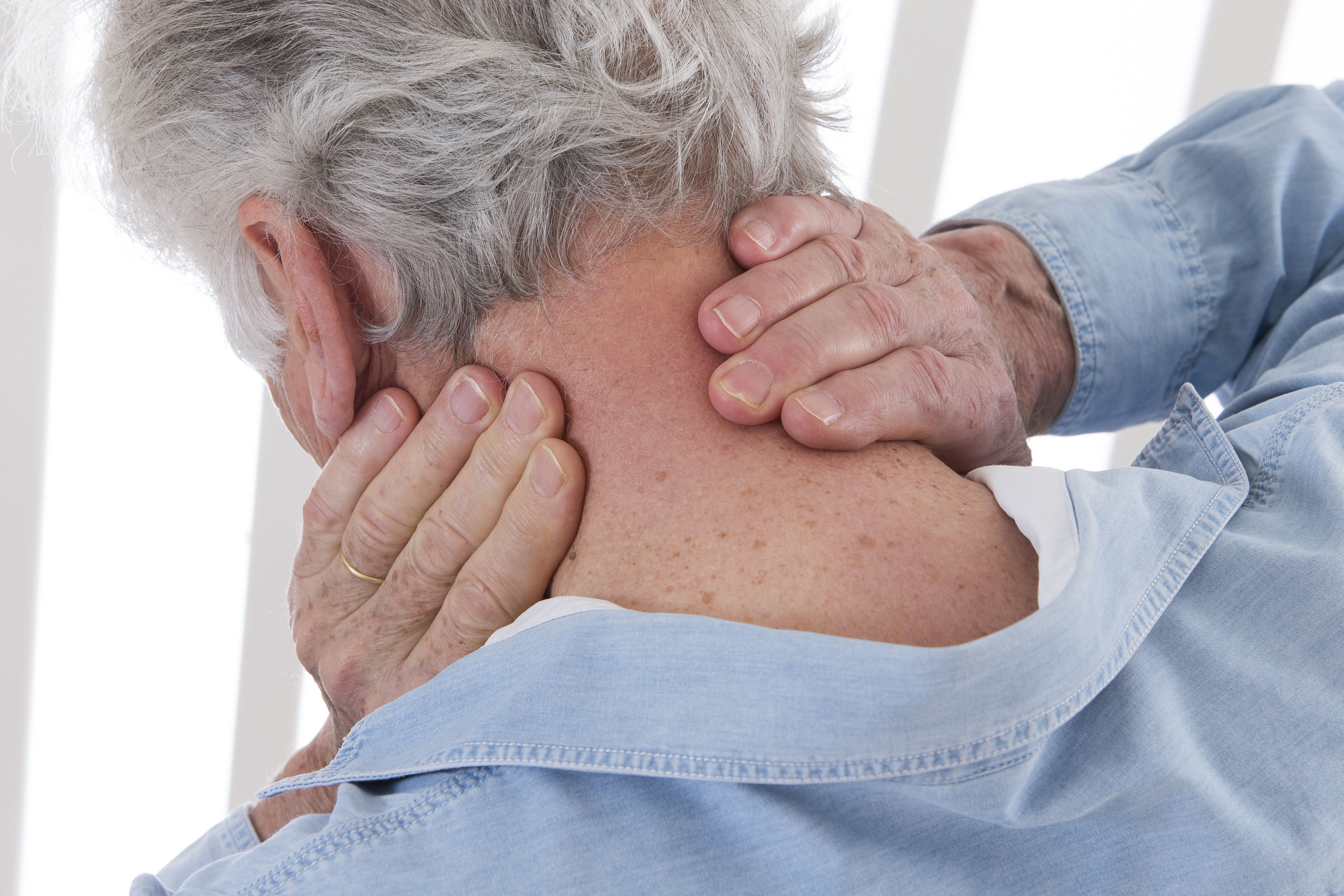
(Vienna, 22 January 2018) Around 25% of Austrians suffer from some form of chronic pain. This was revealed by a study conducted by public health experts from MedUni Vienna together with collaborative partners and published in the autumn of 2017. A new study conducted under the direction of Thomas Dorner from MedUni Vienna’s Center for Public Health and recently published in the "Wiener klinische Wochenschrift" [Vienna Clinical Weekly] now shows that a higher level of health literacy among patients with chronic pain is associated with lower pain intensity and hence also with less impairment as a result of the pain. In other words, those who are open to self-management, keep up their social contacts in order to avoid becoming isolated and develop psychological coping strategies, will cope better with the pain and manage better in their everyday working life.
So-called "health literacy" is a person's ability to find, process and use information relating to their health. This can be the result of medical support – but can also be developed in the private sphere.
"Increasing health literacy among the entire population is an important tool for preventing chronic pain, reducing pain intensity and loss of quality-of-life and avoiding unnecessary medical interventions for pain," says Thomas Dorner, summarising the main findings of the study. Because: given that 25% of Austrians suffer from some form of chronic pain, "it is all the more surprising that many of them have managed to develop individual coping strategies, so that they can stand on their own two feet, be productive at work and not require constant medical treatment, which would place a burden on the health and social care system".
The healthcare system addresses the problem of chronic pain not only by treating the pain itself but also on an interdisciplinary level. Chronic pain is a complex issue and comprises biological, psychological and social aspects, which are frequently associated with problems such as depression, insomnia, sexual problems and are also accompanied by serious consequences in everyday life.
Says Dorner: "Many people with chronic pain do not seek professional help and do not have the necessary self-management skills. This sets off a downward spiral: the person goes to work in pain, without any treatment, makes mistakes, can no longer work properly, loses their job, often loses their social contacts and their sense of self-worth and ends up in total isolation. And all these problems aggravate the pain."
Precision medicine for, and with support from, sufferers
Many of the stated factors have to be "managed" rather than cured, emphasises the MedUni Vienna social medicine expert: "Chronic pain therefore often requires a patient-centred, personalised, integrated approach from a multi-professional team, where the treatment focuses on the patient rather than the disease and where, thanks to perfect self-management, the patient is an equal member of this team."
Service: Wiener klinische Wochenschrift
Health literacy, pain intensity and pain perception in patients with chronic pain - Köppen, P.J., Dorner, T.E., Stein, K.V. et al. Wien Klin Wochenschr (2018) 130: 23.
https://doi.org/10.1007/s00508-017-1309-5